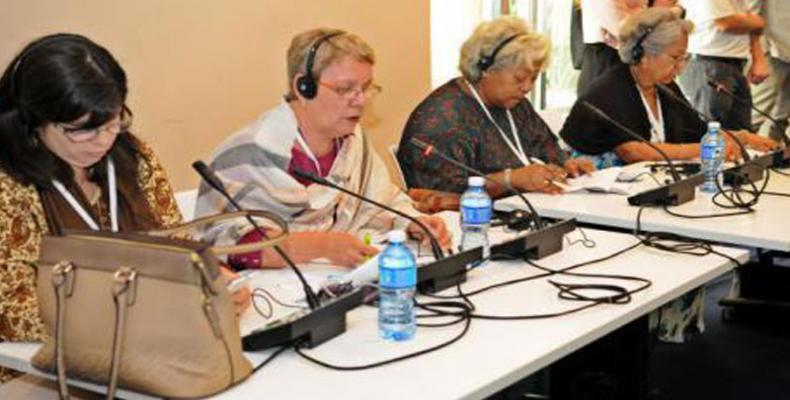Havana, June 16 (RHC)-- With the purpose of continuing to update Cuba's economic and social model, the official Gazette published Decree No. 365 -- creating the National System of Translation and Interpretation and the Resolution of the Ministry of Foreign Affairs establishing the requirements for the certification of translators and interpreters.
The Decree aims to establish the principles of organization and operation of the National System of Translation and Interpretation, its general and specific objectives, and the composition, powers and duties, functions and limits of action of its members, published by Cubaminrex.
The Resolution of the Minister of Foreign Affairs establishes the formal requirements and procedures for obtaining and granting recognition and qualification of certified and specialized translators and interpreters.
The National System of Translation and Interpretation is the mechanism for the integration, implementation and control of government policy in the field of these activities. It is made up of central state administration agencies, the Translator and Interpreter Services Team (ESTI), the Cuban Association of Translators and Interpreters (ACTI), certified translators and interpreters, among others.
This system aims to develop translation and interpretation capacities in the country and to progressively meet the demands of the State, the population and companies.
ESTI-certified translators and interpreters must go to the Labor Directorate of their municipality of residence to apply for authorization to work as a self-employed person.


